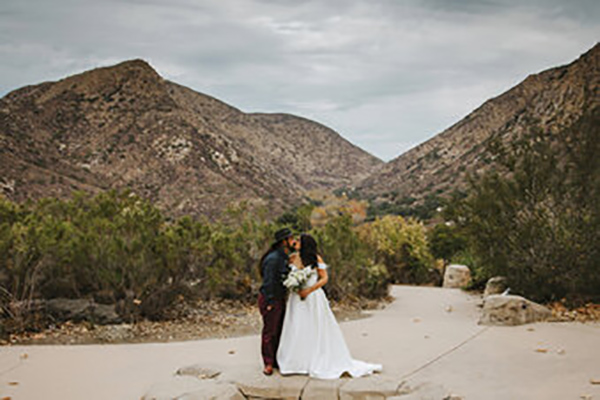The U.S. Supreme Court weighed arguments Jan. 12 in a case that has the potential to undermine parental rights, but the justices sent numerous signals that their opinion would not do so.
Though the facts of the case involved grandparents seeking the right to visit their grandchildren, the two
Washington state laws under consideration permitted a wide range of third parties to seek visitation rights over parental objections. One statute included language allowing “any person” to seek court permission “at any time” to visit another person’s minor child.
During arguments, the high court provided plenty of encouragement for opponents of the Washington laws.
Associate Justice Sandra Day O’Connor described what she called “any person at any time” as a “breathtakingly broad provision.”
The “whole tenor” of the justices’ comments seemed to be “this is far too broad,” said Kimberlee Colby, a Christian Legal society lawyer who observed the arguments. “There seemed to be across the board an agreement that the constitution supports parental rights.”
The case begins with Gary and Jennifer Troxel asking a court for visitation rights to two granddaughters. The Troxels’ son, Brad, the father of the two girls, had committed suicide in 1993. Tommie Granville, the girls’ mother, desired to limit the amount of time her daughters spent with the Troxels.
A judge issued a visitation order on behalf of the Troxels that included one weekend per month and one week in the summer, but the Washington Court of Appeals struck it down. In 1998, the Washington Supreme Court invalidated the laws, saying they violated the constitutional rights of parents. The standard of “best interest of the child” in the laws did not provide the state with a “compelling interest” entitling it to interfere with parental rights, the court ruled. The state had to demonstrate children were being harmed before interfering, the court said.
In oral arguments, Mark Olson, who represented the Troxels, told the justices the “best-interests-of-the-child standard” was sufficient to override parental rights.
Not so, said Catherine smith, the lawyer for the mother, who has since married Kelly Wynn, who adopted her daughters. In custody cases, the “best-interest” standard might be sufficient, but otherwise the mother should have total control “absent evidence of harm” Smith told the justices.
Colby, of the Christian Legal Society (CLS), said she thought it was pretty clear that the court is probably going to affirm” the decision of the Washington Supreme Court. Colby was pleased with O’Connor’s description of the laws’ breadth and “very, very pleased Justice [Ruth Bader] Ginsberg was so pro-parent in her questions.”
When asked by reporters afterward if the justices seemed sympathetic to his arguments, Olson, representing the grandparents, declined comment. Smith, however, said she was “very hopeful” the court would reject the Washington statutes.
Shannon Royce, legislative counsel for the Southern Baptist Ethics & Religious Liberty Commission, said, “I am hoping the court takes this opportunity to affirm the fundamental, constitutional nature of parents’ rights.
“If it does so, it will finally affirm that the appropriate legal standard in parents’ rights cases is the compelling-interest test (the highest legal standard).
“The supreme court of Washington got it right. The state should not interfere with parents’ fundamental rights in child rearing absent a clear showing of actual harm.”
“Now, the world’s not going to end, but it gives any person a foothold into” a family, said Colby, senior legal counsel of CLS’s Center for Law and Religious Freedom.
Afterward, Olson told reporters there had been no cases under the Washington laws where strangers petitioned to visit children, but he acknowledged the statutes may enable strangers to seek such rights.
While all 50 states have laws enabling grandparents to seek court help for visitation rights, Washington’s are “far broader” than others, Smith told reporters. This case is not just about grandparents’ visitation, she said.
When asked if she were concerned because so many of the justices — six — are grandparents, Smith said, “They were parents first.”
In addition to CLS, which was joined by the National Association of evangelicals, organizations filing friend-of-the-court briefs in support of the mother included the American Center for Law and Justice and the American Civil Liberties Union. In support of the grandparents, 12 states, the National Conference of State Legislatures and the AARP were among those filing briefs.
An opinion in the case, Troxel v. Granville, is expected before the court’s summer adjournment. (BP)





Share with others: